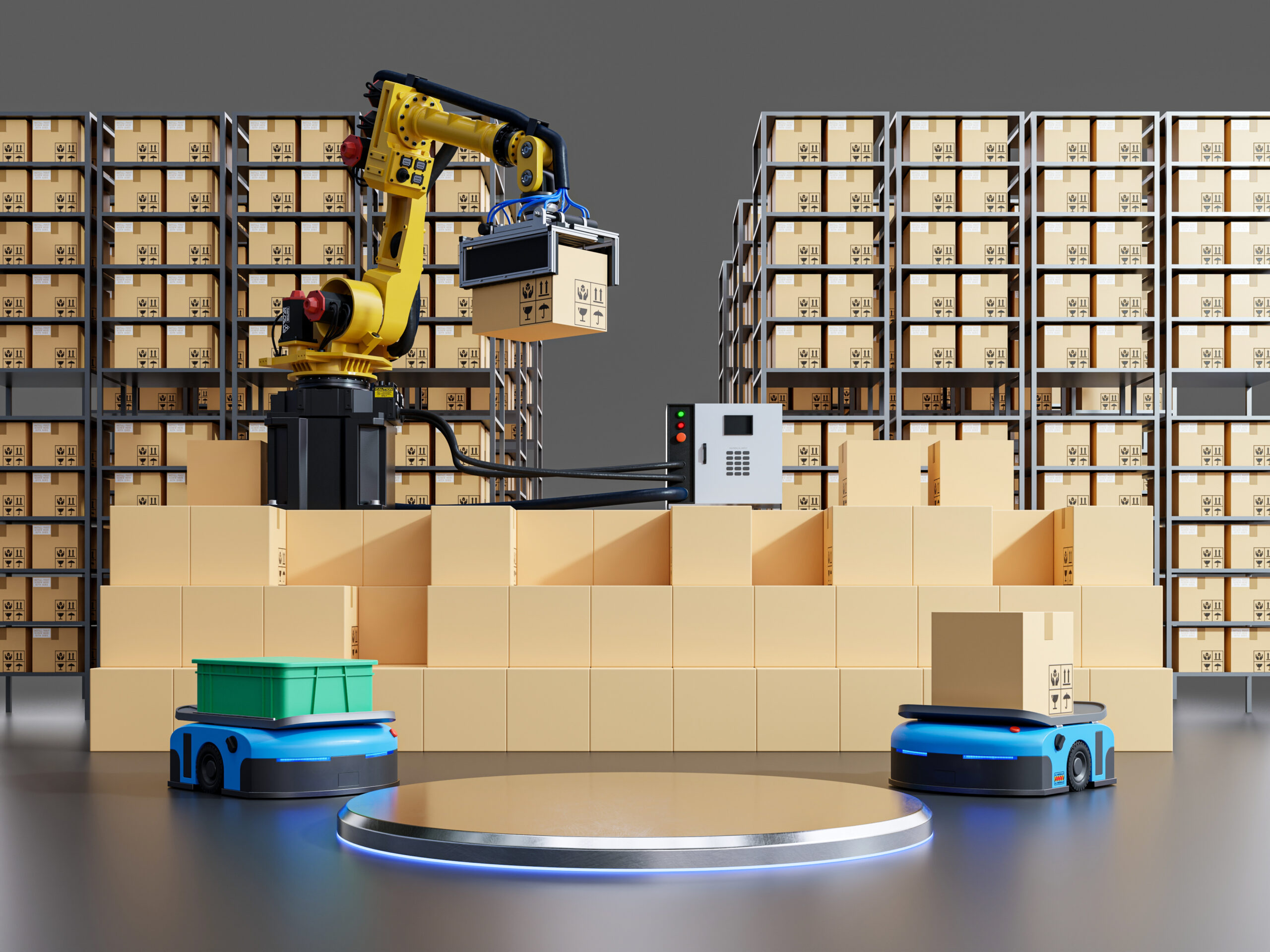
AI For Supply Chain Management: Benefits and Future Trends
BSI – 20/09/2024
Artificial Intelligence (AI) is revolutionizing supply chain management (SCM) by driving efficiency, enhancing decision-making, and optimizing operations. AI technologies such as machine learning, natural language processing, and robotic process automation are enabling businesses to predict demand, manage inventory, and streamline logistics with unprecedented accuracy.
Key AI Applications for Supply Chain Management
- Demand Forecasting:
AI-powered predictive analytics analyze historical sales data, market trends, and external factors such as weather and economic indicators to forecast demand accurately. This reduces overstocking and stockouts, ensuring businesses maintain optimal inventory levels. - Inventory Management:
AI algorithms optimize inventory by predicting replenishment needs, identifying slow-moving stock, and automating reordering processes. Real-time monitoring ensures better stock accuracy and minimizes waste. - Logistics and Transportation Optimization:
AI-driven route optimization tools leverage real-time traffic data, weather conditions, and delivery schedules to improve route planning and reduce transportation costs. Autonomous vehicles and drones further enhance logistics efficiency. - Supply Chain Risk Management:
AI can assess and mitigate risks by analyzing data from various sources, identifying potential disruptions such as supplier failures, geopolitical events, or natural disasters, and suggesting contingency plans. - Supplier Relationship Management:
AI tools can evaluate supplier performance, assess compliance with quality standards, and recommend alternative suppliers in case of potential issues. This ensures a resilient and responsive supply chain. - Process Automation:
Robotic Process Automation (RPA) streamlines routine tasks such as order processing, invoice management, and customer service inquiries, reducing human errors and improving efficiency. - Customer Experience Enhancement:
AI-powered chatbots and virtual assistants provide real-time support, track order status, and offer personalized recommendations based on purchasing behavior, leading to increased customer satisfaction.


Future of AI for Supply Chain Management
The future of AI for Supply Chain Management looks promising, with advancements in deep learning, IoT integration, and blockchain technology. Predictive and prescriptive analytics will continue to refine supply chain strategies, making them more resilient and adaptable to market fluctuations.
Companies that leverage AI effectively will gain a competitive edge by improving efficiency, reducing costs, and delivering superior customer experiences. As AI technology continues to evolve, businesses must embrace innovation and stay ahead of the curve to thrive in the dynamic landscape of supply chain management.
Conclusion
AI is transforming supply chain management by enabling smarter, data-driven decisions, optimizing operations, and enhancing overall business agility. While challenges exist, the long-term benefits of AI adoption far outweigh the hurdles, making it an indispensable tool for the modern supply chain ecosystem.




